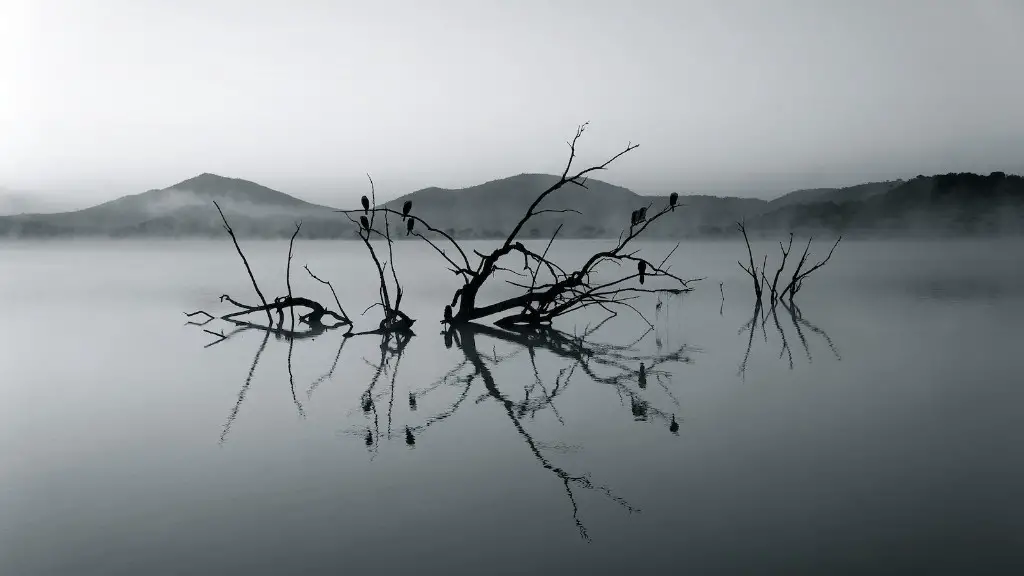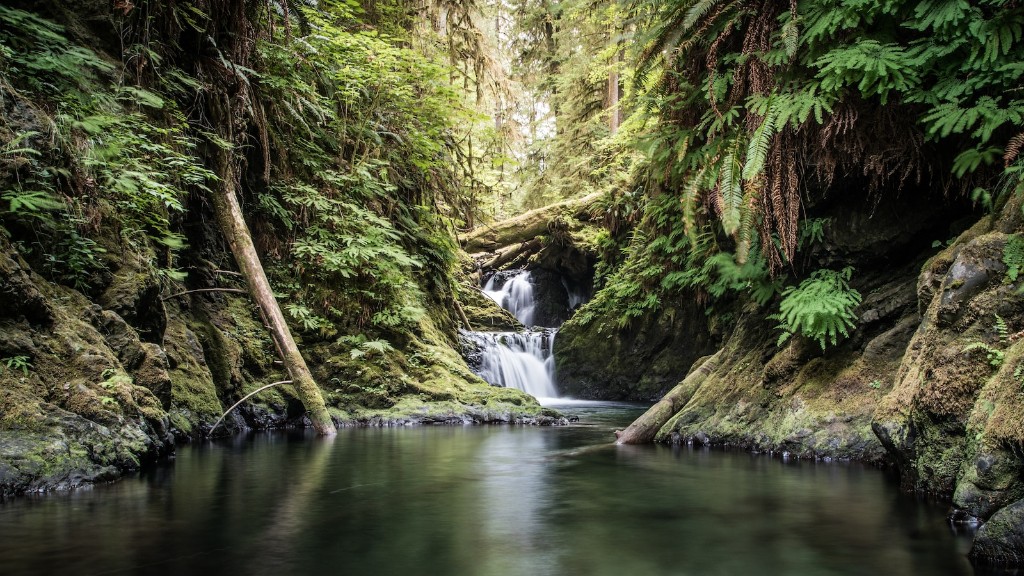Understanding the Duck Hunting Terrain of the Mississippi
For many experienced duck hunters, the Mississippi River is a special draw. This grand river has long been used to pursue numerous species of dabbling ducks, including mallards, blue-winged teal, gadwalls, and ring-necks.
Although this type of duck hunting mainly takes place during fall migration, motivated hunters can often take advantage of wintering ducks during the cold months as well. The key to successful duck hunting in the Mississippi River is understanding the terrain and the migratory patterns of the ducks.
Being Prepared on the Mississippi
The first step towards successful duck hunting on the Mississippi is being prepared. This means having the appropriate equipment such as decoys, camouflaged apparel, and gun, as well as having the appropriate licenses and permits. An experienced hunte can often give advice on the best way to do this, depending on the state.
It is also important to keep safety in mind at all times, both for the hunter and for any bystanders. Hunting in a group may be advisable and communication is key to a successful duck hunt.
Choosing the Right Access Point
The Mississippi River is much too broad for a small boat. While it is possible to launch a boat in some sections, access to the reserves is usually limited to waders and canoes. Successful duck hunting in this type of environment requires a good understanding of the geography and the tactics used by ducks when they are close to shore.
Navigating the narrow inlets, shallow shoreline and submerged trees is not easy and requires a good knowledge of the local terrain. An experienced hunter can often point out the best access points, which could help to maximize the chances of locating the ducks.
Knowledge of the Migratory Patterns of Ducks
Dabbling ducks are migratory birds, which means that they move from one area to another in search of food. Knowledge of their migratory habits can help hunters to anticipate when and where they will appear. Knowing when and where ducks are likely to congregate allows the hunter to plan their duck hunting strategy.
Resourceful hunters can turn to local conservation agents and wildlife biologists for advice on the migratory patterns of ducks in the Mississippi, as well as for tips on the best times to hunt. Even with the best advice, however, hunting in the Mississippi is still largely a matter of trial and error.
Understanding the Dynamics of Duck Hunting on the Mississippi
A successful duck hunt on the Mississippi requires an understanding of the dynamics at work. Hunters need to be aware of the environmental conditions and the behavior of the ducks they are pursuing. They also should be mindful of the local rules and regulations governing duck hunting in the area.
Being familiar with aquatic vegetation and water depth can help an experienced hunter to maximize their chances of locating where the ducks may be. Rotating and refreshing decoys can also be beneficial when duck hunting on the Mississippi.
Successful duck hunting on the Mississippi requires a combination of skill, knowledge, and luck. Hunters should also be prepared to try different tactics and constantly adjust to the ever-changing conditions. With the right preparation, an experienced hunter can greatly increase their chances of a successful duck hunt on the Mississippi.
Camouflage and Concealment Tactics
One of the most important tactics for duck hunters on the Mississippi is camouflage and concealment. Ducks can be wary of predators, so it is very important to remain as motionless and concealed as possible. Camouflaged clothing, boot covers and headgear are critical in this regard.
Another key camouflage element is scent control. Duck hunters must take strides to mask any potentially detectable odors. Making use of scent-eliminating sprays, detergents and soaps can help to mask a hunter’s scent and make them less visible to the ducks. This can improve the chances of a successful hunt.
Calling Ducks on the Mississippi
Calling ducks is another essential tactic for successful duck hunting on the Mississippi. Experienced hunters use various types of calls, including quacking, feeding, and social calls. Calls should be used sparingly and responsively. It is important for hunters to experiment with different types of calls to figure out what works best.
Another key element of duck calling on the Mississippi involves imitating the behavior of the ducks. Ducks in flight or on the water should be watched in order to get a sense of their behavior and movements. This can help the hunter to anticipate when ducks may be moving in to make a landing.
Finding the Best Locations to Hunt
Finding the best locations for duck hunting on the Mississippi is an important part of the process. Local lakes, reservoirs and wetlands can all be great areas for locating ducks. It is also important to scout out the area beforehand and take note of any potential hazards such as submerged objects and blind spots.
Experience also plays a great role in duck hunting on the Mississippi. Hunters who have spent years honing their skills and knowledge of the river can often be more successful than newcomers. Experienced hunters can offer advice on the best areas to search and the most effective tactics.
Conclusion
To successfully hunt ducks on the Mississippi River, hunters need to be well prepared. They should have the right equipment, the right licenses and permits, and an understanding of local terrain and wildlife. Camouflage and scent control are key elements of duck hunting, as is knowledge of the migratory patterns of ducks. Finding the right locations and using calling tactics also are important. Finally, experience is a great asset in duck hunting on the Mississippi and can make the difference between a successful hunt and an unsuccessful one.




